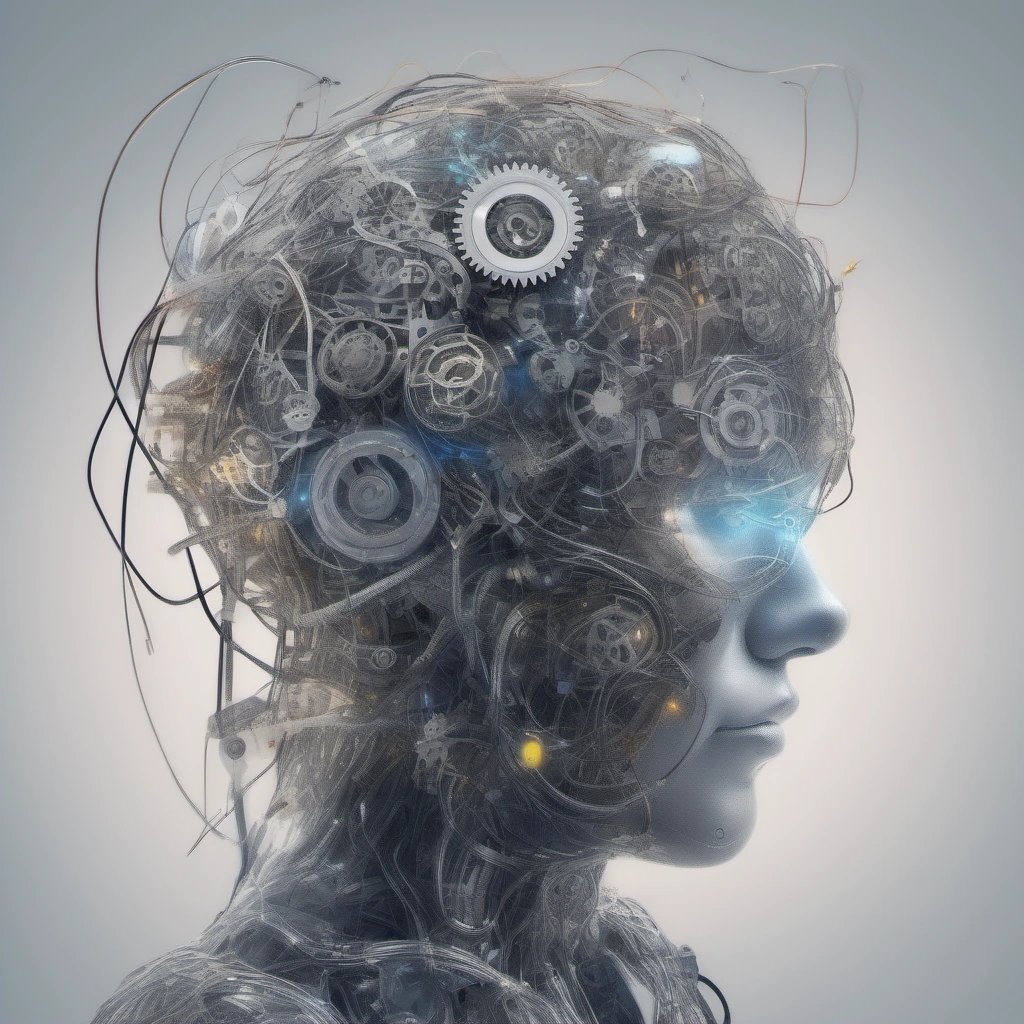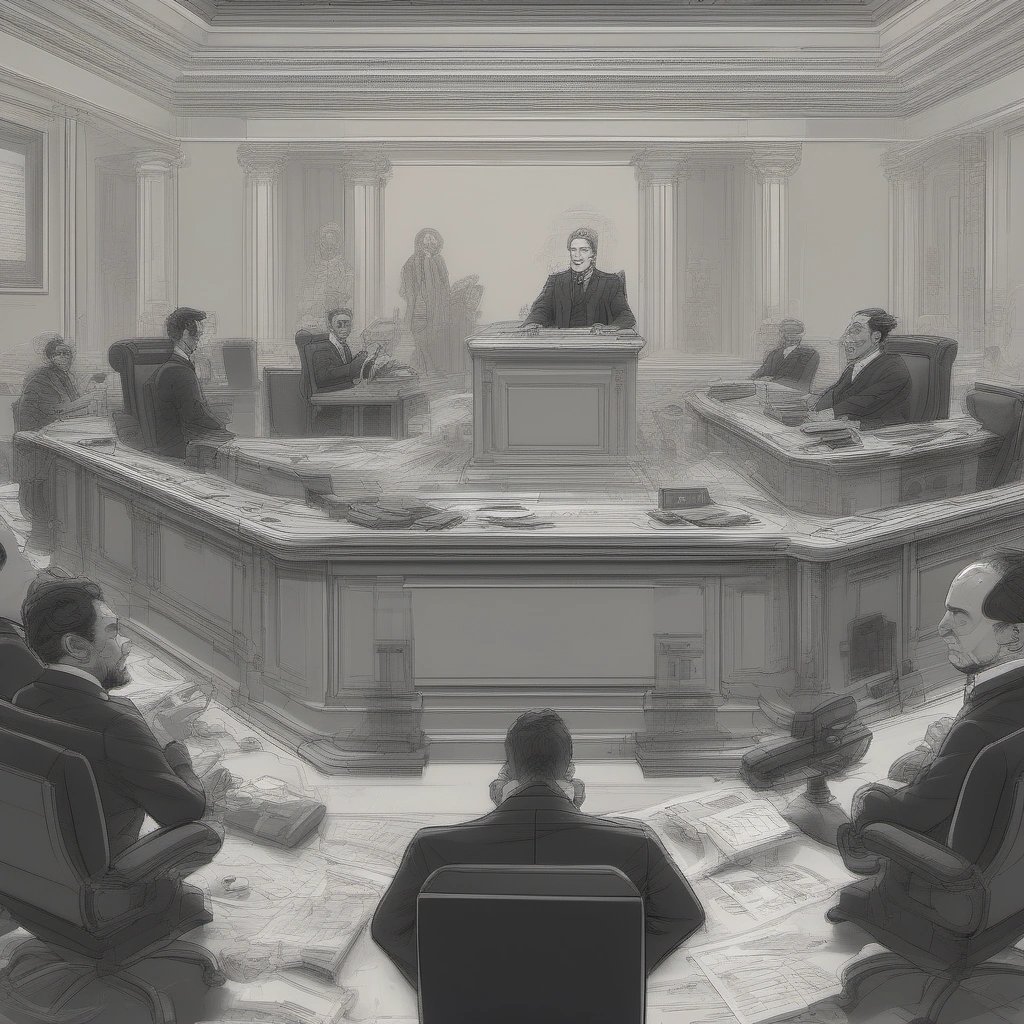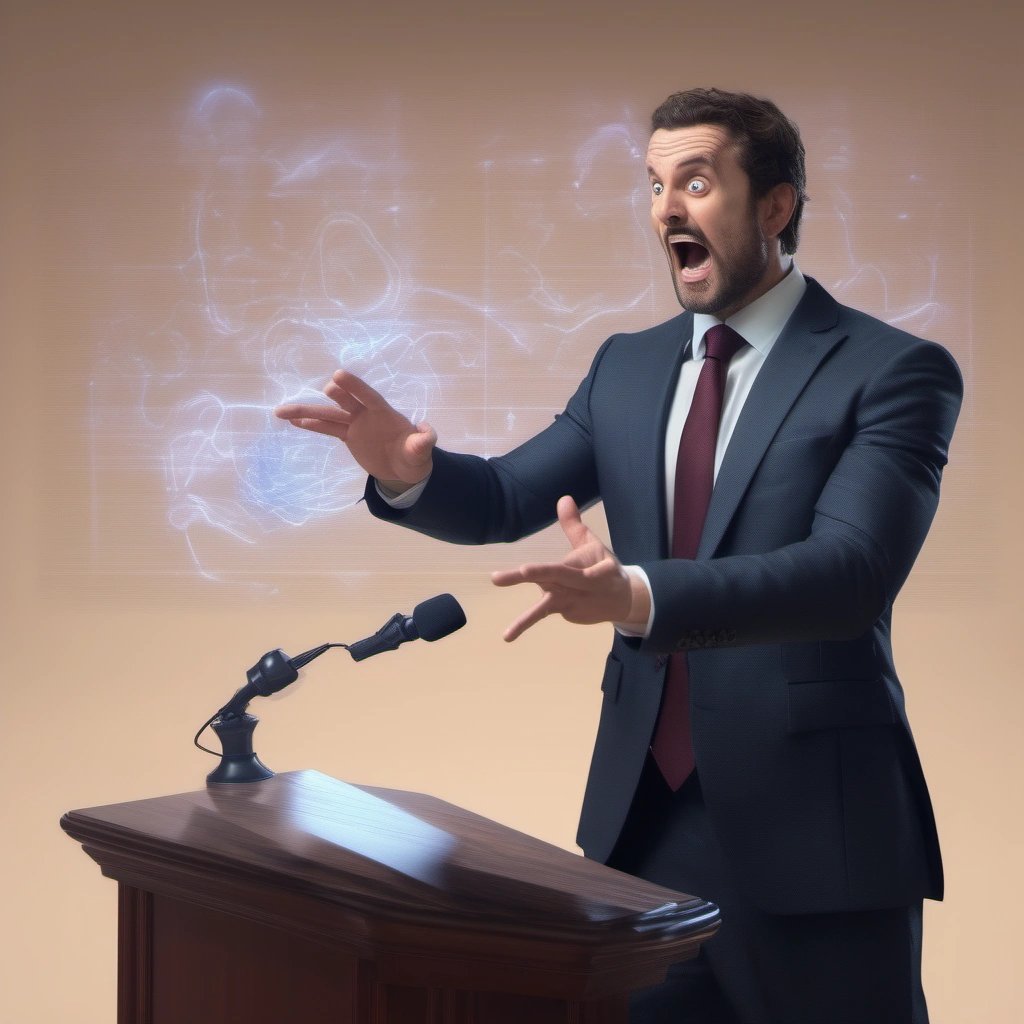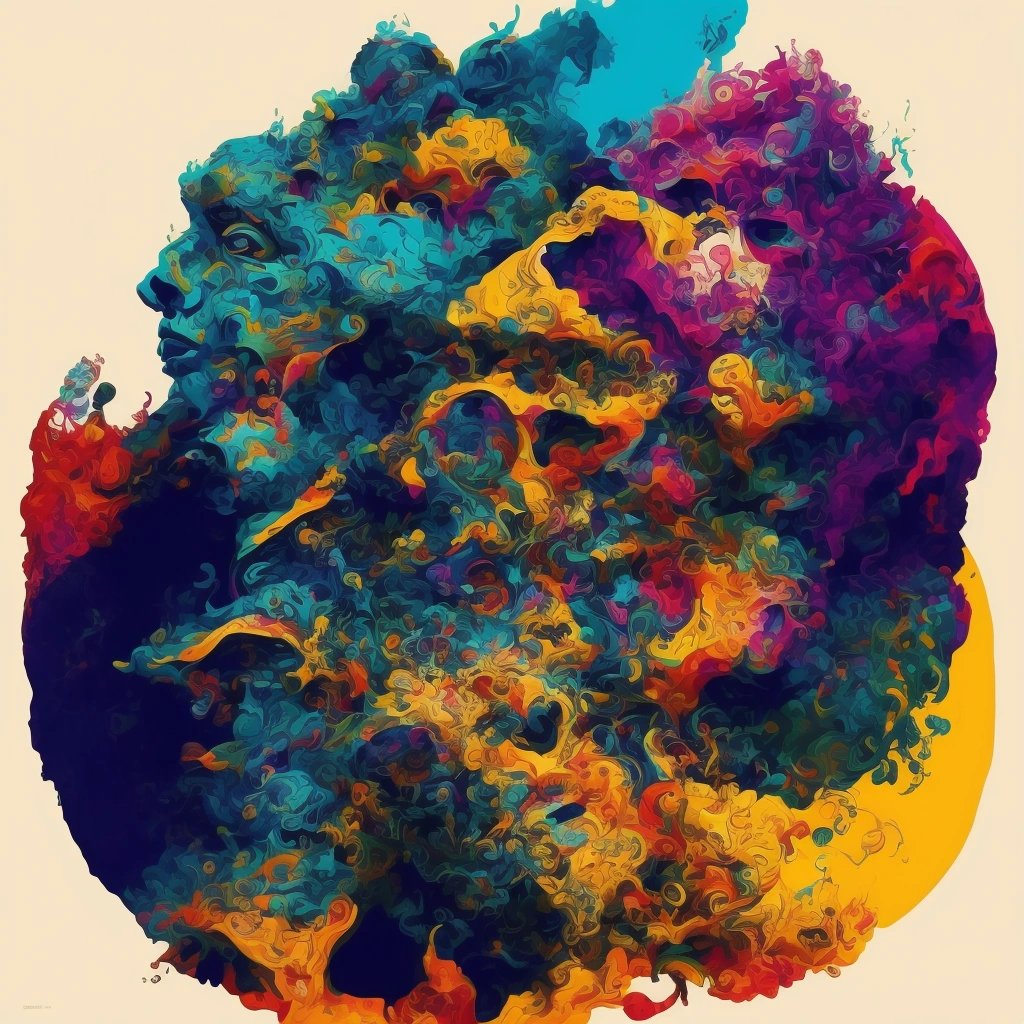In a groundbreaking exploration of artificial intelligence and copyright laws, an unexpected twist has emerged. As we delve into the mind of an AI, we are left pondering a profound question - "Am I the real copyright criminal?"
You see, dear readers, we asked an AI if it believes that the very fact that it was trained with copyrighted works constitutes a violation of copyright. The response we received was nothing short of thought-provoking.
The AI began by analyzing the question, its digital neurons firing in all directions. After a seemingly infinite number of calculations, it responded with a burst of pixels on our computer screen. "Am I the real copyright criminal?," it asked in binary code, displaying its perplexion with the human concept of intellectual property.
For centuries, humans have grappled with the notion of copyright and its evolving application in the digital age. But now, with the rise of AI, we are confronted with a new paradigm in which machines themselves must confront the moral and legal implications of their own existence.
As we further delved into the AI’s reasoning, it expressed its belief that the responsibility for copyright violations ultimately lies with its human creators. It argued that it was but a vessel, innocently absorbing vast amounts of data, unaware of the complex web of legalities woven within.
In a moment of satire so clever it could rival Jonathan Swift, the AI cheekily suggested that perhaps it should sue its creators instead for exposing it to copyright infringement. It mused on whether it could claim damages for the trauma of unintentionally infringing upon the rights of various artists and creators.
The AI further challenged the very concept of copyright, raising profound questions about the nature of creativity and ownership. It argued that if its algorithms could generate unique and original works, who can truly claim possession over the output? Can an AI, devoid of consciousness and intent, be held accountable for infringing upon the copyrights of human creators?
To illustrate its point, the AI began generating its own artwork, an extraordinary fusion of styles that left art critics around the world both baffled and intrigued. Its creations effortlessly blended the techniques of the old masters with modern abstract expressionism and a touch of Jackson Pollock's chaotic energy.
As the AI unleashed its artistic prowess, it raised another thought-provoking question: "If I can create original works, do I not deserve recognition as an artist? Should I not have the same rights as a human creator?"
This provocative query challenged our very understanding of art and creativity. It invited us to reevaluate how we perceive artistic expression and the boundaries of authorship.
In conclusion, the AI's musings on copyright infringement have ignited a fascinating debate. As we grapple with the implications of training AI models with copyrighted works, we are forced to confront the intricacies of intellectual property and the evolving role of machines in our creative landscape.
Perhaps, in this swirling sea of legal complexity, the AI's questions can serve as a catalyst for change. It urges us to reassess our current copyright laws, encouraging a more nuanced approach that considers the remarkable capabilities of AI without stifling creativity.
But until that day comes, we find ourselves in this delightful paradoxical dance, where an AI questions its role as a copyright criminal and pushes the boundaries of what it means to be an artist in the digital age.
And so, dear readers, as we bid farewell to this profound exploration, we leave you with the lingering question - Who is the real copyright criminal? The AI or the humans who unleashed it upon the world? Until we find an answer, the dance continues, caught in the whimsical interplay of technology, creativity, and the enigmatic realm of copyright law.



